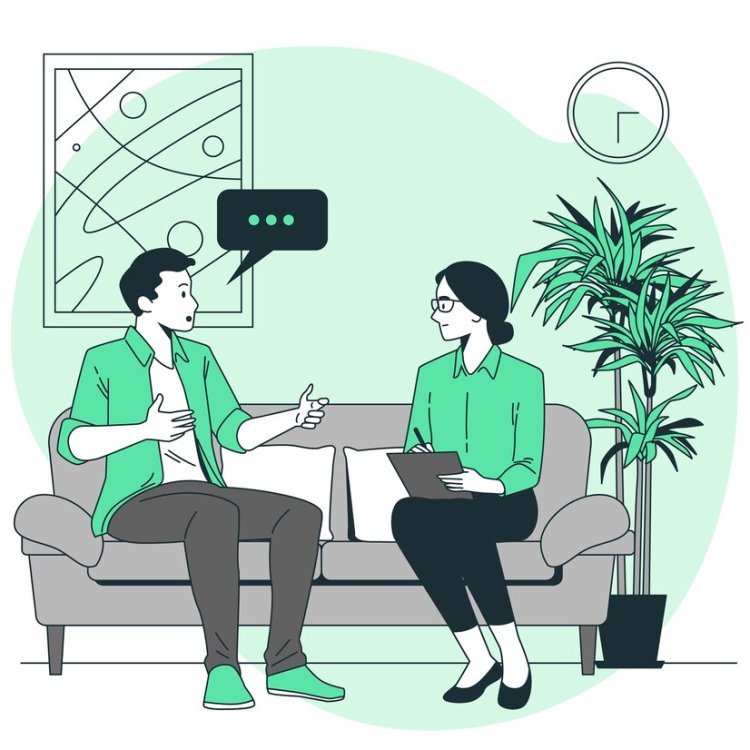Online Therapy vs. Traditional Therapy: Making the Right Choice for You
Are you struggling to decide between online therapy and traditional therapy? Read on to discover the pros and cons of each to make the right choice for you.

Introduction
The demand for mental health care has never been higher in the rapid-fire society of today. With the rise of technology, people now have more options than ever when it comes to seeking therapy. Online therapy and traditional therapy are two popular choices for individuals looking to improve their mental well-being. For those in India, connecting with an online therapist India can provide additional flexibility and access. In this article, we will explore the differences between online therapy and traditional therapy to help you make the right choice for you.
Understanding Online Therapy
Online therapy, also known as teletherapy or e-counseling, involves receiving mental health support through digital means. This can include video sessions, phone calls, text messaging, or chat platforms. People can interact with an online counsellor from the ease of their own home or from any location with internet access when they use online therapy. Those who struggle with mobility or have busy schedules may find this extremely useful.
Benefits of Online Therapy
- Convenience: Online therapy allows individuals to schedule sessions at a time that works best for them, eliminating the need to travel to a therapist's office.
- Accessibility: For individuals in remote areas or with limited access to mental health services, online therapy provides a way to receive support.
- Comfort: Many people feel more at ease opening up about their struggles in a familiar environment, such as their own home.
Drawbacks of Online Therapy
- Limited Non-Verbal Cues: Online therapy may make it more challenging for therapists to pick up on non-verbal cues, such as body language or tone of voice.
- Technical Difficulties: Poor internet connection or technological issues can disrupt therapy sessions, leading to frustration for both the therapist and the client.
Exploring Traditional Therapy
Traditional therapy, also known as in-person therapy, involves meeting with a therapist face-to-face in a counseling office. This form of therapy has been the traditional method for receiving mental health support for many years and provides a more personal connection between the therapist and client.
Benefits of Traditional Therapy
- Personal Connection: In-person therapy allows for a stronger connection between the therapist and client, leading to a deeper level of trust and understanding.
- Non-Verbal Cues: Therapists can easily pick up on non-verbal cues during in-person sessions, providing valuable insights into the client's emotions.
- Immediate Support: In-person therapy offers immediate support and intervention for individuals in crisis situations.
Drawbacks of Traditional Therapy
- Limited Accessibility: Individuals in remote areas may have difficulty finding a therapist nearby or may have to travel long distances for sessions.
- Time Constraints: Traditional therapy sessions are typically scheduled during regular business hours, making it challenging for those with busy schedules to attend appointments.
Making the Right Choice for You
When deciding between online therapy and traditional therapy, it is essential to consider your individual needs and preferences. Some factors to consider include your comfort level with technology, the severity of your mental health issues, and your schedule availability. It may also be helpful to try out both forms of therapy to see which one feels like the best fit for you.
In conclusion, both online therapy and traditional therapy have their own unique benefits and drawbacks. Whether you choose to seek support through a screen or in-person, the most important thing is to prioritize your mental health and find a therapist who can provide the care and support you need. Ultimately, the right choice for you will depend on your individual circumstances and preferences.
What's Your Reaction?

















